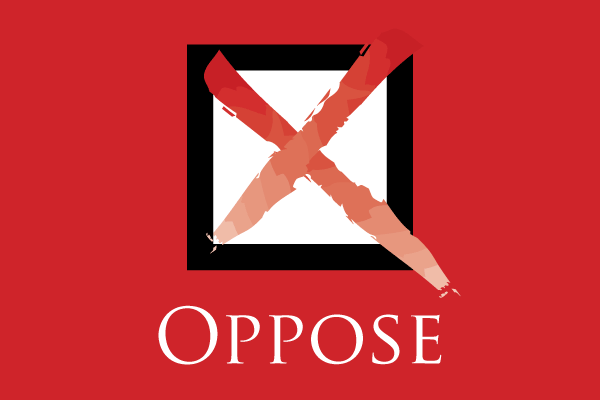
Five California Chamber of Commerce-opposed bills have missed key deadlines and are dead for the year. In addition, a bill that the CalChamber had expressed concerns with will not move forward.
The CalChamber moved from an “oppose” position to “neutral” on a bill dealing with rodenticide pesticides when the private right of action component was removed.
Bills Stopped
The following bills have been stopped:
Agriculture
• Oppose: SB 1153 (Hurtado; D-Sanger): Would have banned hedge funds from purchasing, acquiring, leasing, or holding a controlling interest in agricultural land.
Energy
• Oppose: SB 938 (Min; D-Irvine): Would have imposed burdensome and redundant reporting requirements that could lead to privacy concerns for employees.
• Oppose: AB 1550 (Bennett; D-Ventura): Would have codified the “three pillars” concept in California, effectively risking billions of dollars in investment money for hydrogen development.
• Oppose: AB 2619 (Connolly; D-San Rafael): Would have undone a multi-year public stakeholder process, perpetuated a massive cost shift, and led to a less reliable grid.
• Oppose: AB 2870 (Muratsuchi; D-Torrance): Would have removed methane crediting from the Low Carbon Fuel Standard (LCFS).
• AB 2623 (Arambula; D-Fresno): While not formally opposed to the bill, the CalChamber had concerns with AB 2623 because it would have bypassed the SB 905 rulemaking process on carbon capture, utilization and storage (CCUS).
Opposition Removed
• Neutral: AB 2552 (Friedman; D-Glendale): Before amendments, banned two rodenticide pesticides and originally created an expansive new private right of action that threatened businesses and created incentives for frivolous lawsuits.
Staff Contacts: Brenda Bass, Brady Van Engelen

